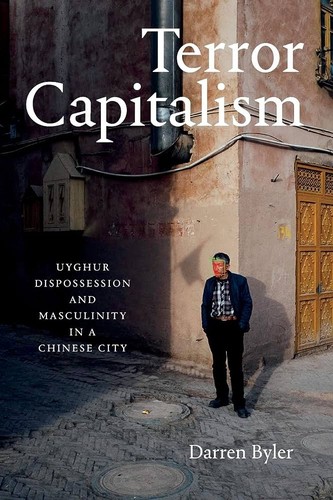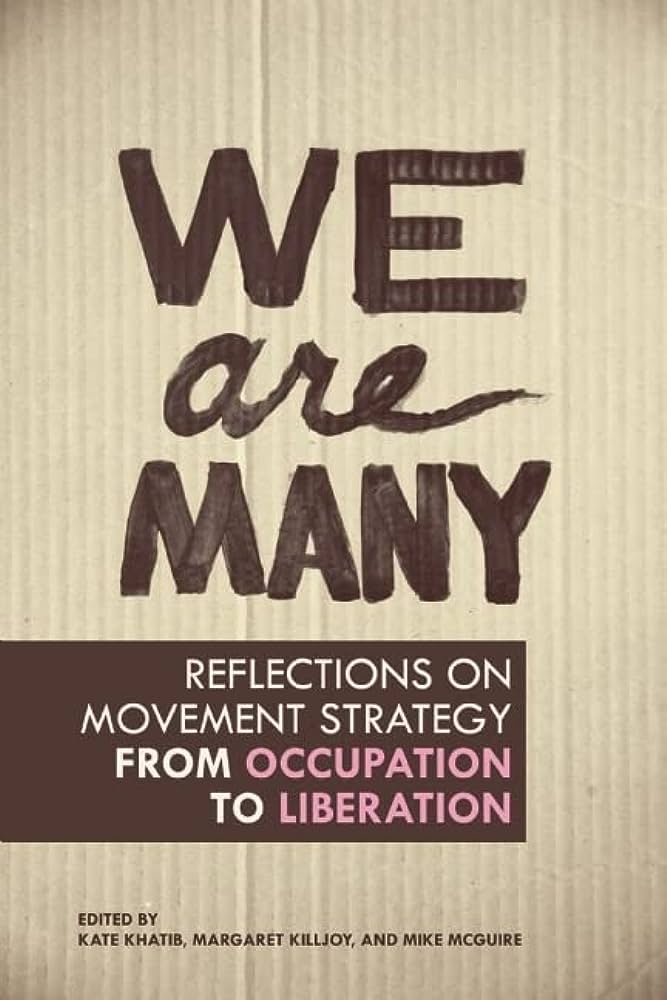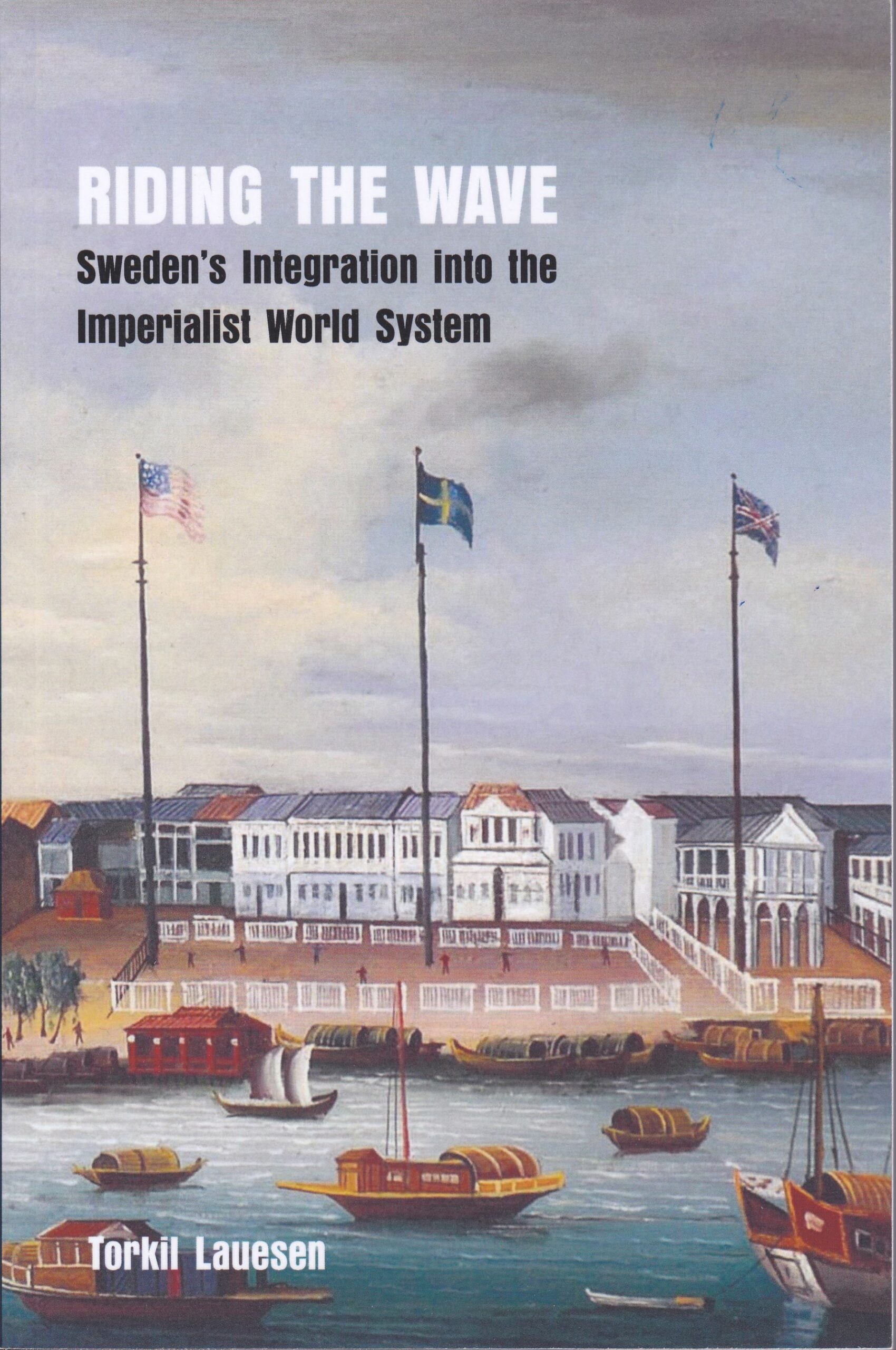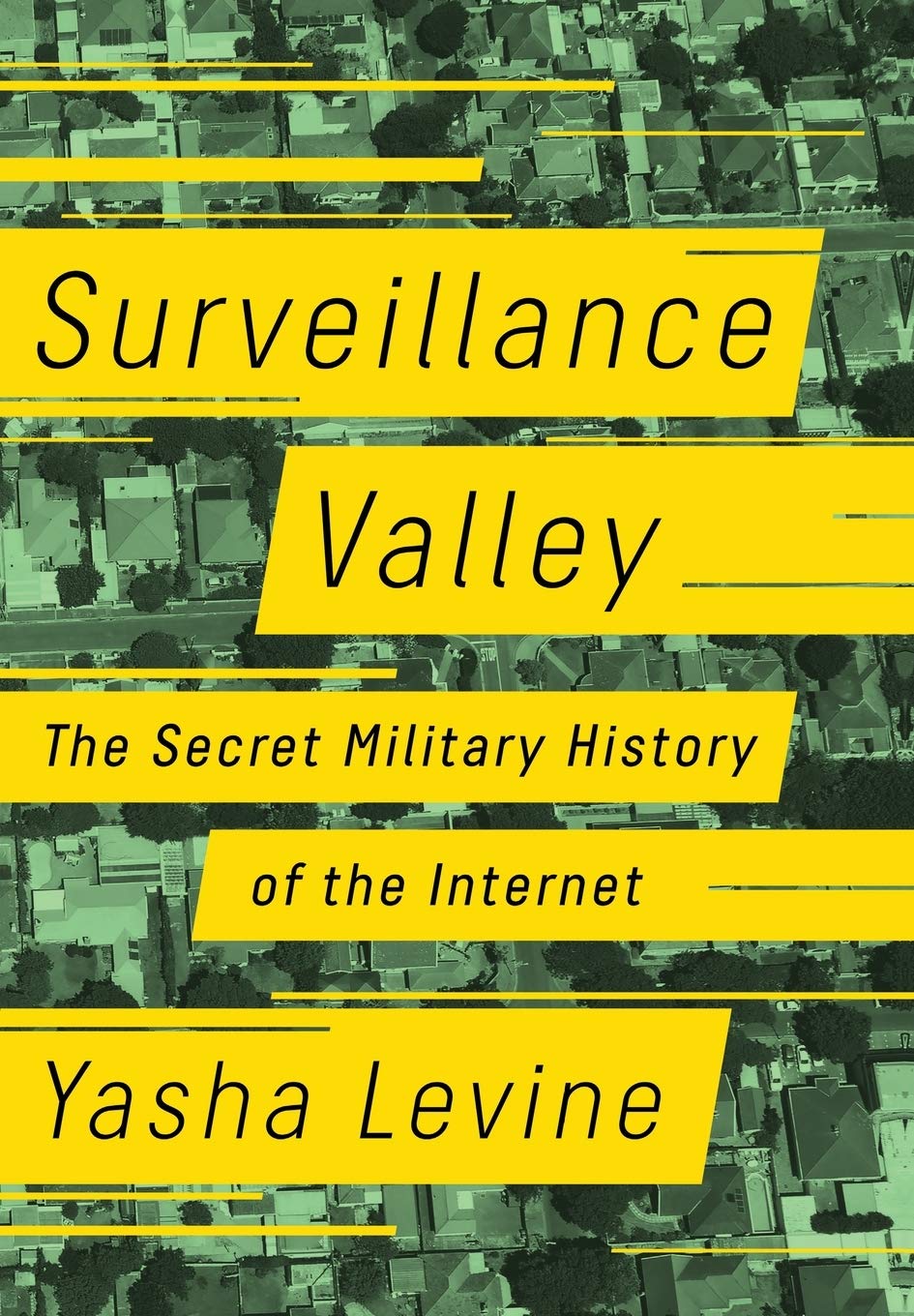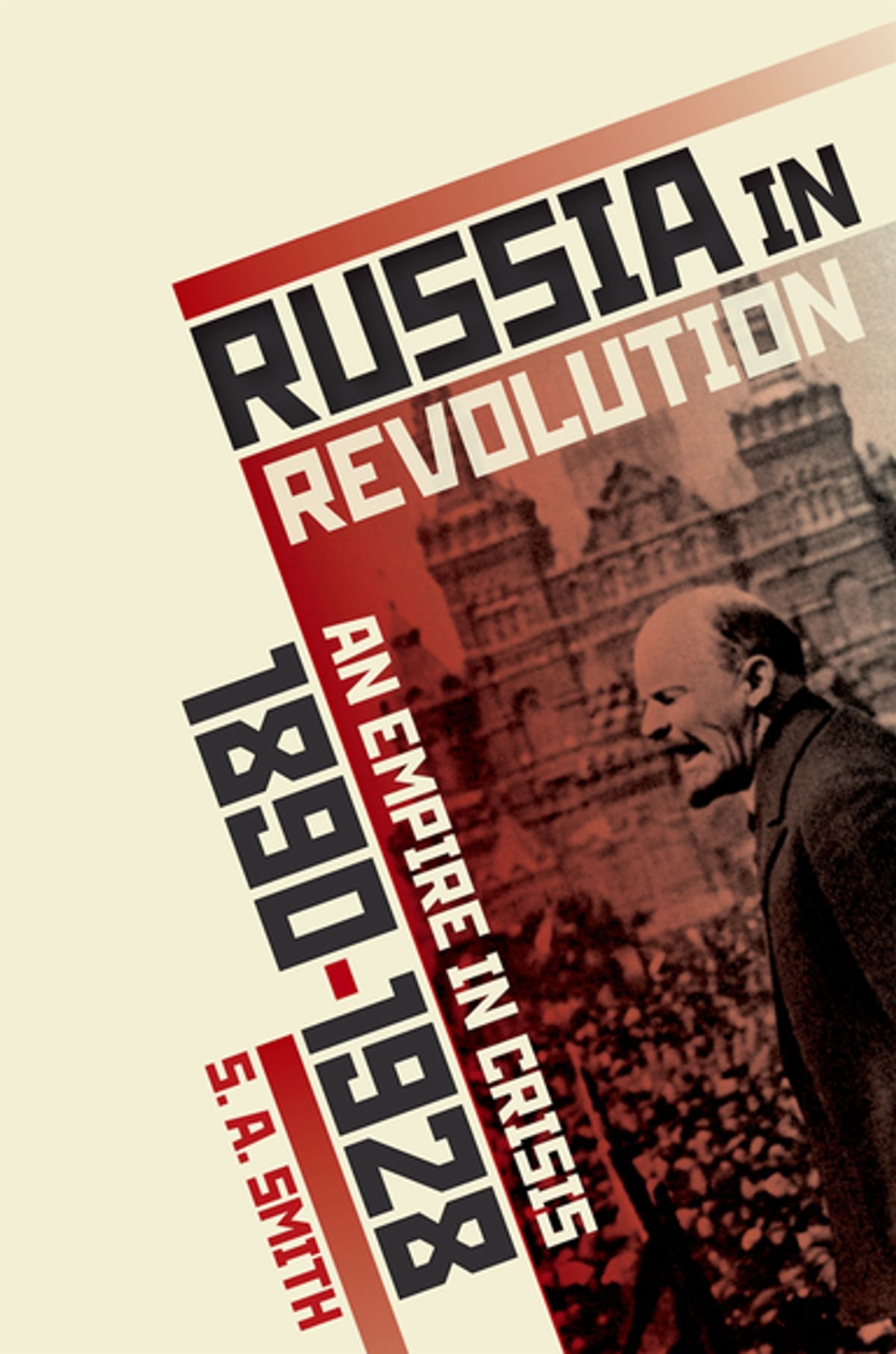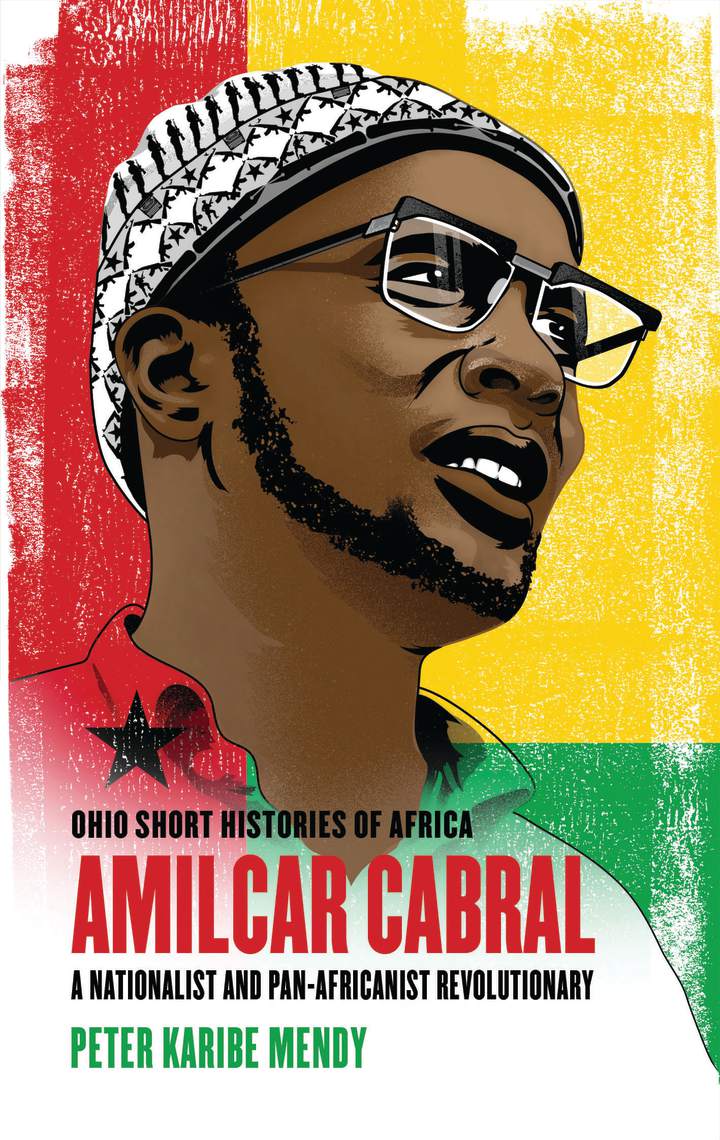subcutaneous quoted Terror Capitalism by Darren Byler
As anthropologists of the state have shown, states produce powerful effects, but they are always made up, in the end, by public and private institutions and ultimately individuals who are motivated by a range of discursive and economic interests. While the capitalist system I discuss is certainly supported by state capital and mandated by central state authorities such as Xi Jinping and Chen Quanguo, the forms of terror it produces are largely carried out by private technology companies, coupled with privately contracted policing technicians, Aid Xinjiang “volunteers,” and other Han settlers. These institutionalized agents act on behalf of the state and their own economic interests in dispossessing Uyghurs and building and maintaining the security systems that restrict Uyghur freedom to move and live. Many of the security and intelligence workers in this space are employees of state-owned enterprises or private technology or security companies and are motivated in large part by economic incentives, not directly by state power. … these state proxies are often primarily interested in creating a better life for themselves and their families rather than strictly political motivations.

